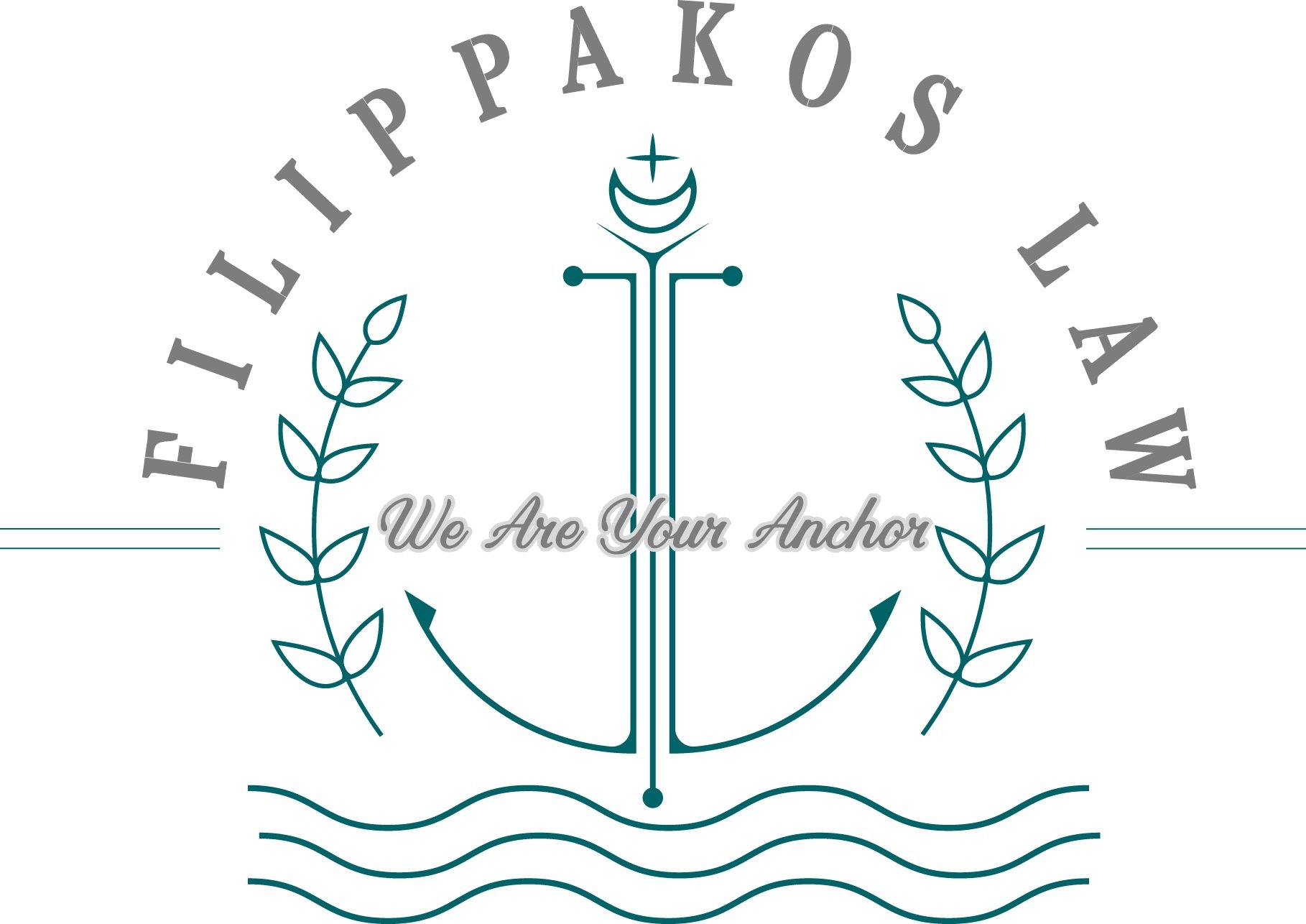Child custody usually is a part of a divorce. However, since more and more couples have children without getting married, the parents can file a Custody Application that will address the issues of child custody, parenting time and child support.
There are two types of custody: legal and physical. Legal custody refers to a parent’s legal authority to make decisions regarding a child’s health, education and welfare. Physical custody refers to the amount of time each parent spends with the child and provides shelter, food, etc. to the child. Both legal and physical custody can be sole, primary or joint.
Both parties must participate in and successfully complete a parenting education program within 60 days of filing the Custody Application or Divorce.
All court orders and agreements made in a custody or divorce case are guided by the best interest of the child factors. These factors are as follows:
The temperament and developmental needs of the child;
The capacity and the disposition of the parents to understand and meet the needs of the child;
Any relevant and material information obtained from the child, including the informed preferences of the child;
The wishes of the child’s parents as to custody;
The past and current interaction and relationship of the child with each parent, the child’s siblings and any other person who may significantly affect the best interests of the child;
The willingness and ability of each parent to facilitate and encourage such continuing parent-child relationship between the child and the other parent as is appropriate, including compliance with any court orders;
Any manipulation by or coercive behavior of the parents in an effort to involve the child in the parents’ dispute;
The ability of each parent to be actively involved in the life of the child;
The child’s adjustment to his or her home, school and community environments;
The length of time that the child has lived in a stable and satisfactory environment and the desirability of maintaining continuity in such environment, provided the court may consider favorably a parent who voluntarily leaves the child’s family home pendente lite in order to alleviate stress in the household;
The stability of the child’s existing or proposed residences, or both;
The mental and physical health of all individuals involved, except that a disability of a proposed custodial parent or other party, in and of itself, shall not be determinative of custody unless the proposed custodial arrangement is not in the best interests of the child;
The child’s cultural background;
The effect on the child of the actions of an abuser, if any domestic violence has occurred between the parents or between a parent and another individual or the child;
Whether the child or a sibling of the child has been abused or neglected, as defined respectively in section 46b-120;
Whether the party satisfactorily completed participation in a parenting education program established pursuant to section 46b-69b.
Most custody cases settle by agreement. A parenting agreement must have a detailed schedule of where the child will live during the year, language regarding decision-making authority, perimeters regarding failure of either party to follow the agreement, etc.
Give us a call today at 203-917-3506 or contact us online to get started with your Custody Application.

